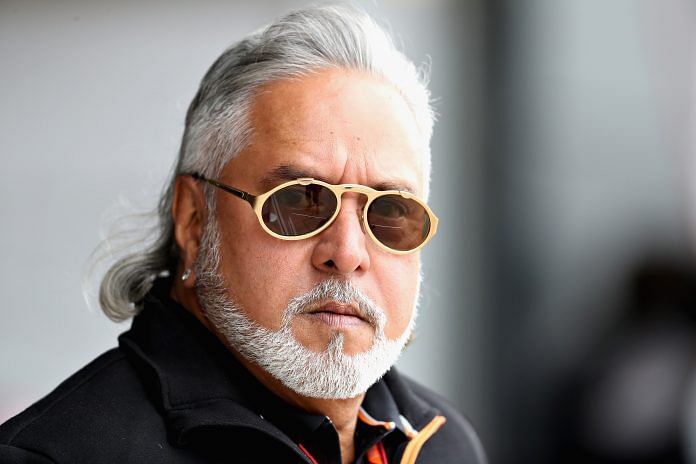The evidence on prison conditions have been cited to argue that the unsatisfactory and unhygienic nature of Indian prisons would be a breach of Mallya’s human rights were he to be sent back to India.
Former businessman parliamentarian Vijay Mallya, the self-appointed ‘King of Good Times’, has experienced anything but good times, since he fled the country in March 2016.
Last month, the ministry of finance told the Central Information Commission that it did not have information about the bank loans given to him. This is strange, considering the government wants to prosecute him on charges of money laundering. Nevertheless, the extradition hearing at the Westminster Magistrates’ Court in London is approaching the final stages with arguments scheduled to begin Friday (27 April 2018).
The media coverage of the Mallya case has been relentless and people are starting to wonder what he is doing to thwart the government of India and its legal team.
The answer to this is: The strategy adopted by Mallya’s defence team thus far has focused on the issues of the poor state of prisons in India and the ‘media trial’ against their client.
The evidence on jail conditions has been deposed by Dr Alan Mitchell, an expert on prisons, to argue that the unsatisfactory and unhygienic nature of Indian prisons would be a breach of Mallya’s human rights were he to be sent back to India. In support of his views, Dr Mitchell has relied on various international reports, newspaper articles and judgments of the Supreme Court of India, which condemn the poor and unsafe state of the country’s prisons.
Another expert — Dr Martin Lau, faculty at the School of Oriental and African Studies in London — has given evidence about “media trials” and how “the use of panel discussions on TV channels and the emergence of quite powerful TV commentators” are liable to influence judicial decisions. Dr Lau has further testified that “concerns have been raised at the highest level of the impact of some of the media coverage of this case on the fairness of trial”.
Potential lifelines for Mallya
There is little that the Indian government can do to stem media coverage on an important and interesting case like Mallya’s, where the public at large has been affected. However, India may suggest that Mallya’s legal team in India is at liberty to seek Indian courts’ directions in restraining the media from making defamatory statements.
So, the case may turn on the issue of prison conditions in India. The government of India has already advanced preliminary arguments saying that, if extradited, Mallya will be held at Barrack No. 12 at the Mumbai Central Prison on Arthur Road, where there will be a maximum of six inmates, and with access to medical care.
However, the Westminster Magistrates’ Court is unlikely to accept India’s assurances. Not very long ago, in a similar extradition case involving Sanjeev Kumar Chawala, to prosecute him for his role in the match-fixing scandal during the tour of South Africa to India in 2000, the court rejected India’s extradition request on 16 October 2017. In that case, all defence arguments failed except in relation to the prison conditions and the consequent breach of human rights. Dr Mitchell, now being used by Mallya’s defence team, had also tendered expert evidence in the Chawala case and asserted that the conditions in Tihar Jail in Delhi would be a breach of his human rights.
It was particularly pointed out that India had not ratified the UN convention against torture and other cruel, inhuman or degrading treatment or punishment. Ultimately, district judge Crane held that if Chawala was extradited to India, he would be subjected to torture or inhuman or degrading treatment, and refused his extradition.
Therefore, in spite of India’s efforts, it would seem like its prisons and the prime-time media may potentially save Mallya from extradition.
If India is serious about getting Mallya extradited, they must change their legal strategy. Instead of insisting on putting Mallya behind bars, they could offer a special deal that would entail housing him separately.
In fact, in 2015, the High Court of London accepted the assurance of the government of Kenya in relation to the extradition of businessman Yagnesh Devani, on the basis that he would be accommodated in a separate complex. India should also take steps to ratify the UN convention against torture and other cruel, inhuman or degrading treatment or punishment, and show that it is committed to protecting human rights.
Therefore, the choice is squarely with India on devising a prudent legal strategy and ultimately deciding whether to extradite Mallya in compliance with international conventions or risk losing the chance to bring him back to India to face trial at all.
Manuraj Shunmugasundaram is an advocate, and Muthupandi Ganesan a barrister-at-law.



